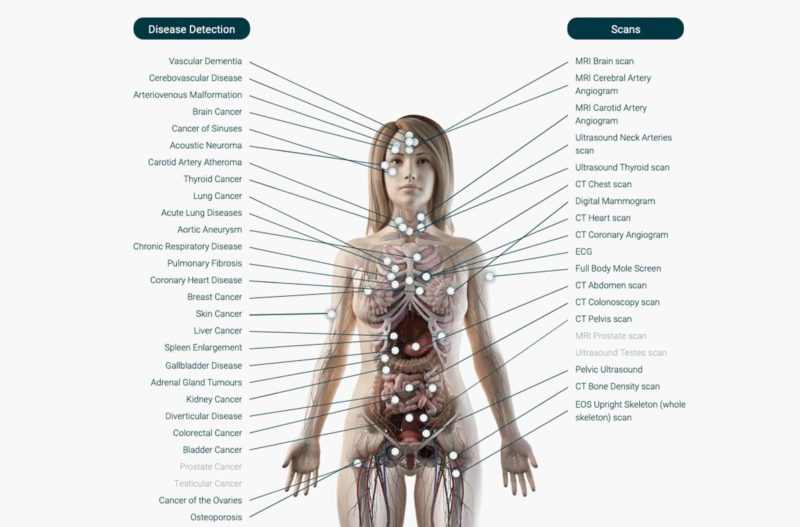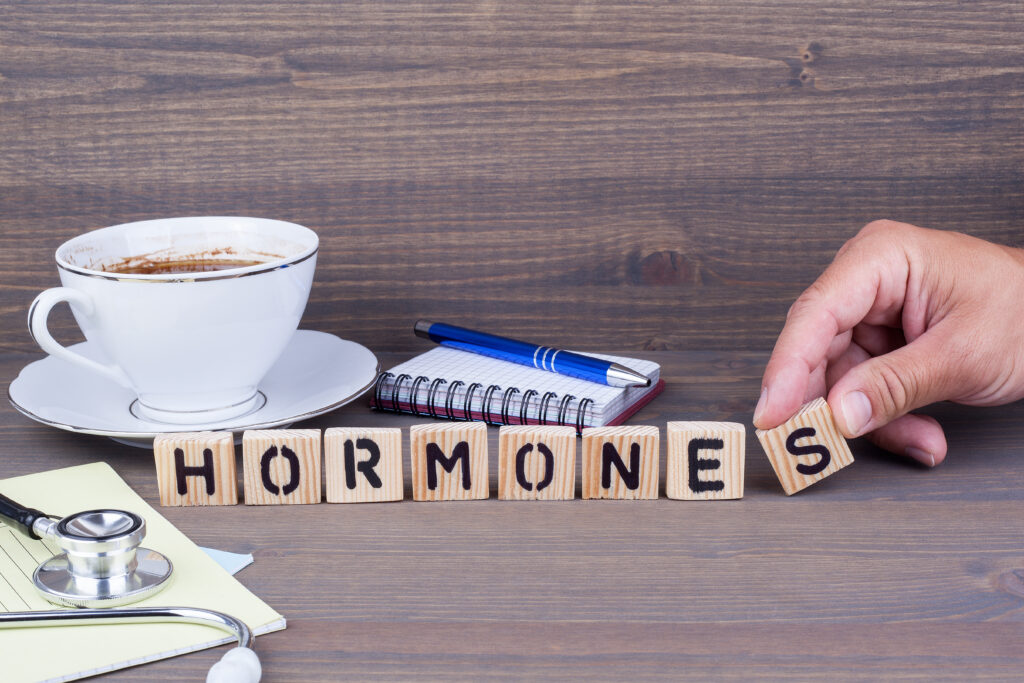Cancer can form almost anywhere in the body and there are hundreds of different types. There are also many causes of cancer and, as you’ll know if you read the front pages, new cancer-causing culprits are constantly being researched and discovered. Many of us listen to this advice and adapt our lifestyles around it.
In this post we will explore how cancer forms, why there are so many types and what the main causes really are.
Why are there so many types of cancer?
Cancer can develop in almost any cell in the body. This is because almost all cells contain DNA. If our DNA undergoes cancer-causing mutations the process of cell division may be disrupted. and cells may divide or grow in an uncontrolled manner. Because this can happen in any cell, cancer can form in the bone, bone marrow, breasts, lung, liver, larynx, pancreas, prostate, cervix, skin or almost any tissue.
One thing all cancers have in common is that the earlier they are detected, the more likely there will be a positive outcome.

How does cancer develop?
The cell mutations which cause it to become cancerous and divide uncontrollably occur;
- as a result of carcinogens in our environment,
- over time, which is why age is the biggest risk factor for cancer, or
- a person may have inherited mutations to genes that puts them at a higher susceptibility for developing cancer
Cancer often develops following mutation of the genes controlling cell division; two important genes are tumour suppressor genes and proto-oncogenes;
- Tumour suppressor genes slow down cell division, repair DNA mistakes and initiate apoptosis (controlled cell death). Apoptosis occurs to prevent cells dividing past their Hayflick limit, which is the limit to the number of times a cell can divide before it cannot divide anymore. This mechanism evolved to prevent harmful mutations accumulating over time.
- A mutated tumour suppressor gene can no longer repair DNA mutations or initiate apoptosis. Effectively the brake pedal of cell division has stopped working and cancerous cells are able to proliferate.
- Proto-oncogenes genes help cells to divide and grow.
- A mutation to a proto-oncogene may cause it to be permanently turned-on and thus permanently encourage cell division, even if mutations occur to other parts of the DNA. Effectively the gas pedal of cell division is permanently turned on.
Both of these mutations can lead to uncontrolled cell division, and because these mutations could occur in any cell in the body, there are many types of cancer, each with various causes.
What causes cancer?
- Smoking – the biggest preventable cause of cancer – 15% of cancers are caused smoking. Tobacco smoke contains various chemical that are damaging to DNA and can lead to cancers of the mouth, nose, liver, stomach, cervix, and some types of leukaemia to name a few. A study published in the journal Science found that smoking an average of a pack of cigarettes a day led to 150 extra mutations in lung tissue a year. That’s one mutation every 50 cigarettes. A detailed explanation can be found in the KCL blog.
- Obesity – the second biggest preventable cause of cancer, linked to 13 types of cancer. The cancer-causing effects of excess fat include high oestrogen levels, insulin resistance and inflammation.
- Sun and UV – ultraviolet radiation (both UVA and UVB) can damage DNA in your skin cells and cause cancer. Getting sunburnt once every two years could triple your risk of melanoma, as Cancer Research UK
- Alcohol – our cells break down what we consume and convert it into energy. Alcohol is broken down into acetaldehyde and if this molecule isn’t broken down further it builds up in cells where it damages DNA and can lead to cancer. The less you drink, the lower your risk of mouth, throat, oesophagus, larynx, breast, liver and bowel cancers.
- Hormone-influencing medication – HRT (Hormone Replacement Therapy) and the Pill need to be considered carefully, especially if a woman has a higher risk of developing related cancers;
- Combined HRT (oestrogen and progesterone) increase the risk of breast cancer
- oestrogen-only HRT increases the risk of womb cancer and also breast cancer
- Both increase the risk of ovarian cancer
- Meanwhile the contraceptive pill slightly increases the risk of breast and cervical cancers.
- Air pollution – tiny dust-like particles called particulate matter are linked to lung cancer, particularly the smallest particles; PM10 and PM2.5. Almost 1 in 10 lung cancers in the UK are caused by outdoor air pollution exposure.

- Radon gas – a natural radioactive gas from rocks and soils, levels vary across the UK. Exposure to indoor radon gas is linked to 4% of lung cancer cases in the UK however the majority of these are also caused by smoking.
- Infections – although they are common, some types of HPV, EBV (a herpes virus) and H. Pylori infections can cause cancer. Hepatitis B and C have been associated with increased risk of liver cancer and Non-Hodgkin lymphoma, meanwhile HIV can lower the immune system and increase risk.
- Occupational cancer risks – for example; asbestos, diesel engine exhaust, second-hand smoke or excessive sun exposure in several industries such as construction, manufacturing, agriculture and service industries.
The list above includes the preventable causes of cancer, which can be attributed to 38% of cancer cases in the UK in 2015, meaning they could have been avoided through healthier lifestyle habits! However, there are two risk factors we have no control over…
Unpreventable risk factors for cancer
- Age – the biggest and most universal risk factor. Almost 9 in 10 cancer cases in the UK are in those aged 50 or over. This is because DNA damage in cells accumulates over time, so our risk increases as we age.
- Genetics – Some of us inherit faulty genes that increase our cancer risk, known as susceptibility genes. Between 3 and 10 % of all cancers are linked to an inherited susceptibility gene. Well known examples include the BRACA1 and BRACA2 genes for breast and prostate cancers, but there are many more. In this case many women consider a bilateral mastectomy usually after they have had children. For more information on this, visit Target Ovarian Cancer.
As of yet we have not discovered an elixir to stop us aging or to correct our DNA mutations. Therefore, the best way to avoid cancer is to have it diagnosed early.
The NHS is fantastic, but it only provides treatment once you’re already sick. Typically, you only see your GP when you experience symptoms, but by the time symptoms are present, the cancer has progressed. Attending a cancer screening in London can detect cancers before they even cause symptoms, meaning treatment options are far more promising.

Cancer screening in London
The best place to attend a cancer screening in London is Echelon Health. Offering the most comprehensive Health Assessments in the world, Echelon’s state-of-the-art technology can detect cancers before they even cause symptoms. Up to seven consultants will be reviewing your results, each reporting on their particular area of expertise. If something worrisome is detected, you will be immediately referred to a leading specialist for treatment, or your GP will facilitate a referral through the NHS if you’d prefer.
Lives have been saved through attending our Health Assessments – to view our case studies, click here.
Make an Enquiry
Sources
Cancer Research UK – Causes of Cancer
Target Ovarian Cancer – Hereditary Ovarian Cancer
KCL – Smoking a pack of cigarettes a day for a year causes 150 mutations in lung cells



